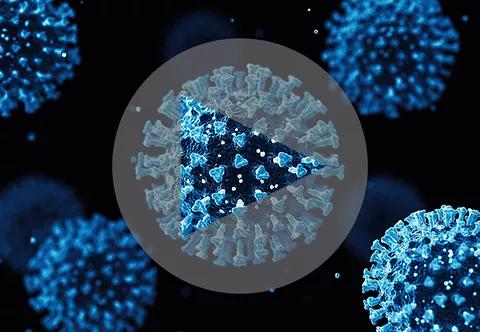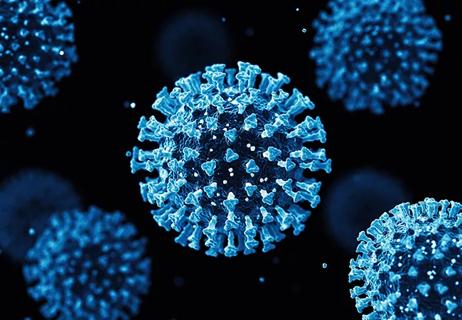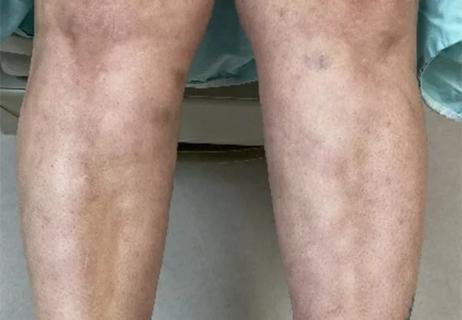Experts address myths about long-term effects, fertility concerns and more
Overcoming vaccine hesitancy in the digital age, where misinformation abounds, poses significant challenges. Clinicians need every tool at their disposal to overcome misunderstanding and mistrust of COVID-19 vaccines and shift us closer to high levels of vaccination. Cleveland Clinic developed a short video featuring infectious disease specialist Kristin Englund, MD, Oluwatosin Goje, MD, an obstetrician and gynecologist who specializes in infectious disease, and family medicine physician Kendalle Cobb, MD, to help debunk six common COVID-19 vaccine myths. Topics covered include long-term effects, fertility, DNA changes, the vaccine development process, relevance for the young and healthy, and breakthrough infections. Share this video with vaccine-hesitant patients and across your social network platforms:
Advertisement
Cleveland Clinic is a non-profit academic medical center. Advertising on our site helps support our mission. We do not endorse non-Cleveland Clinic products or services. Policy
Video content: This video is available to watch online.
View video online (https://www.youtube.com/embed/N9AJ77RzB-4?start=161&feature=oembed)
6 COVID-19 Vaccine Myths Explained
The video addresses six common myths that persist despite established data. Use the links below to jump straight to the myth about which your patient has questions:
Does the COVID-19 Vaccine Cause Long-Term Effects?
Will the COVID-19 Vaccine Harm My Fertility?
Will the COVID-19 Vaccine Change Your DNA?
If I Am Young and Healthy, Do I Still Need the COVID-19 Vaccine?
Is the COVID-19 Vaccine Safe Because it Was Rushed?
Do Breakthrough Infections Mean the COVID-19 Vaccine Doesn’t Work?
Another video worth sharing with your patients uses animated medical illustrations and straightforward text to demystify how the mRNA vaccines work against the virus causing COVID-19. Find more patient-friendly videos answering common questions about COVID-19 on Cleveland Clinic’s YouTube channel here, including updates about booster shots, child vaccines, breakthrough infections and masks. If your patients prefer reading to watching, engaging, patient-focused articles are updated frequently on our Health Essentials site. Recent topics include using expired COVID-19 tests, reinfections, variants, treatment options, distinguishing between COVID-19 and other common respiratory viruses, long COVID, kids and school and more. A Cleveland Clinic clinician vets each article for accuracy, so you can be sure that your patients are receiving appropriate information.
Advertisement
Advertisement

Patients report improved sense of smell and taste

Clinicians who are accustomed to uncertainty can do well by patients

Unique skin changes can occur after infection or vaccine

Cleveland Clinic analysis suggests that obtaining care for the virus might reveal a previously undiagnosed condition

As the pandemic evolves, rheumatologists must continue to be mindful of most vulnerable patients

Early results suggest positive outcomes from COVID-19 PrEP treatment

Could the virus have caused the condition or triggered previously undiagnosed disease?

Five categories of cutaneous abnormalities are associated with COVID-19